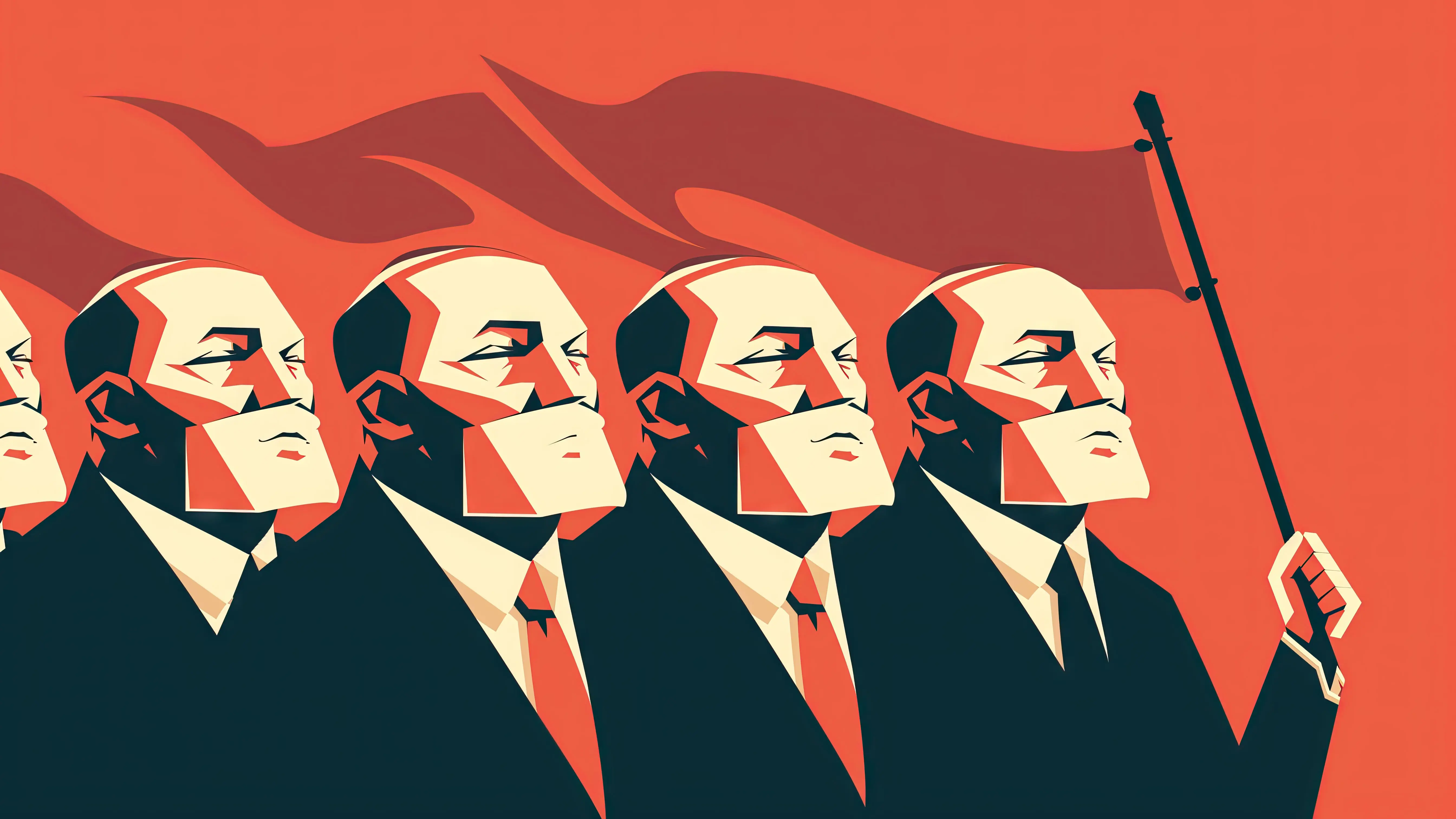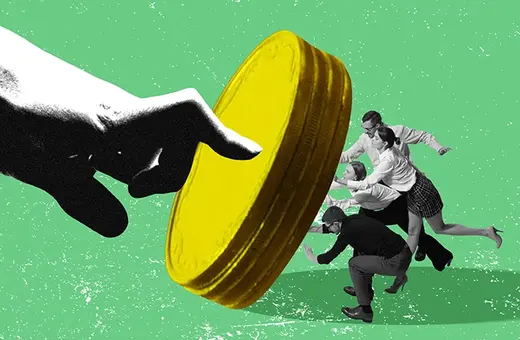Our current economics is derided as the dismal science, but for the Ancient Greeks it was integral to achieving the good life. Etienne Helmer argues our contemporary vision of economics divorces wealth creation from its broader social and ethical consequences. Inspired by the Ancient Greeks, we should form an economy disinterested in extreme material wealth and with greater focus upon individual development, engagement in civil society, and care for the natural world.
Within the current economic framework, we know what is part of the economy and what isn’t. Inflation, unemployment, and growth are the concern of the economist, while purpose, citizenship, and social cohesion are political concerns. We are also prone to believe that things have always been like this. But a look at how the economy has been conceived in history can illuminate our understanding of what the economy could be. The world's submission to the logic of pure profitability and the destruction it engenders are not inevitable: another economy is possible because it is thinkable and has already existed.
SUGGESTED VIEWING
The challenge to optimism
With Angus Deaton, Gillian Tett
As a matter of fact, the distinction mentioned above between what we believe to be economic and what is not, is by no means necessary, and previous societies, particularly the ancient Greeks, could help shed light on what we should consider the economy. For instance, Marshall Sahlins showed in Stone Age Economics (1972) that affluence was in fact utterly distinct from material wealth as we see it today. Indeed, a hallmark of affluence was living a life of leisure, far removed from the Silicon Valley ‘grind’ culture we see today. With the status quo often being conflated with what is ‘natural’, if we are to imagine a more expansive view of the economy it is useful to look to the past. The ancient Greeks understood the economy as interconnected with other social concerns, and viewed the creation of wealth in its broader ethical context. Taking this view allows us to think about the values and outcomes we want in our political sphere, and how the economy can serve us in attaining them.
While it is true that breaking free of our thinking and economizing like an ancient Greek is far from easy, the ancient Greek thinkers – mostly philosophers and poets – are usually deemed to be disinterested in economic topics. Instead, they are said to be exclusively concerned with political issues, concepts, and debates. Following the Weberian typification of the ancient and medieval man as a homo politicus, as opposed to the modern man as a homo economicus, some important 20th century historians and philosophers, such as M.I. Finley and H. Arendt for instance, have promoted this anti-modern and rigid vision of ancient Greek society as one where the material economic sphere – work, agriculture, technics, weaving and trade – is supposedly kept in a theoretical shadow, because it is in the hands of mostly invisible social categories such as the slaves, the women, and the foreigners, in comparison to the male citizen in the limelight. This class-based society allowed the ‘citizen’ class to operate largely independently of economic concerns and therefore focus on developing civilian virtue.
In the last four decades however, historians, archaeologists, anthropologists and, more recently, philosophers, have challenged this compartmentalized vision of ancient Greek society. Through the in-depth study of textual and material sources, they have been able to reveal the deep and sophisticated interest the Greeks had in economic matters, both in practical and theoretical terms. Among the many publications in this area, it is worth mentioning the book of the historian Alain Bresson, The Making of the Ancient Greek Economy (2015). In this text that focuses on the Greek economy between the last century of the Archaic Age and the closing of the Hellenistic period, he shows the pivotal role that complex market organizations of economic practice and phenomena had on the ancient society.
What ancient Greeks can teach modern economists
Economics needs Eudaimonia

13th May 2024
Want to continue reading?
Get unlimited access to insights from the world's leading thinkers.
Browse our subscription plans and subscribe to read more.
Already a subscriber? Log in
Latest Releases





















Join the conversation